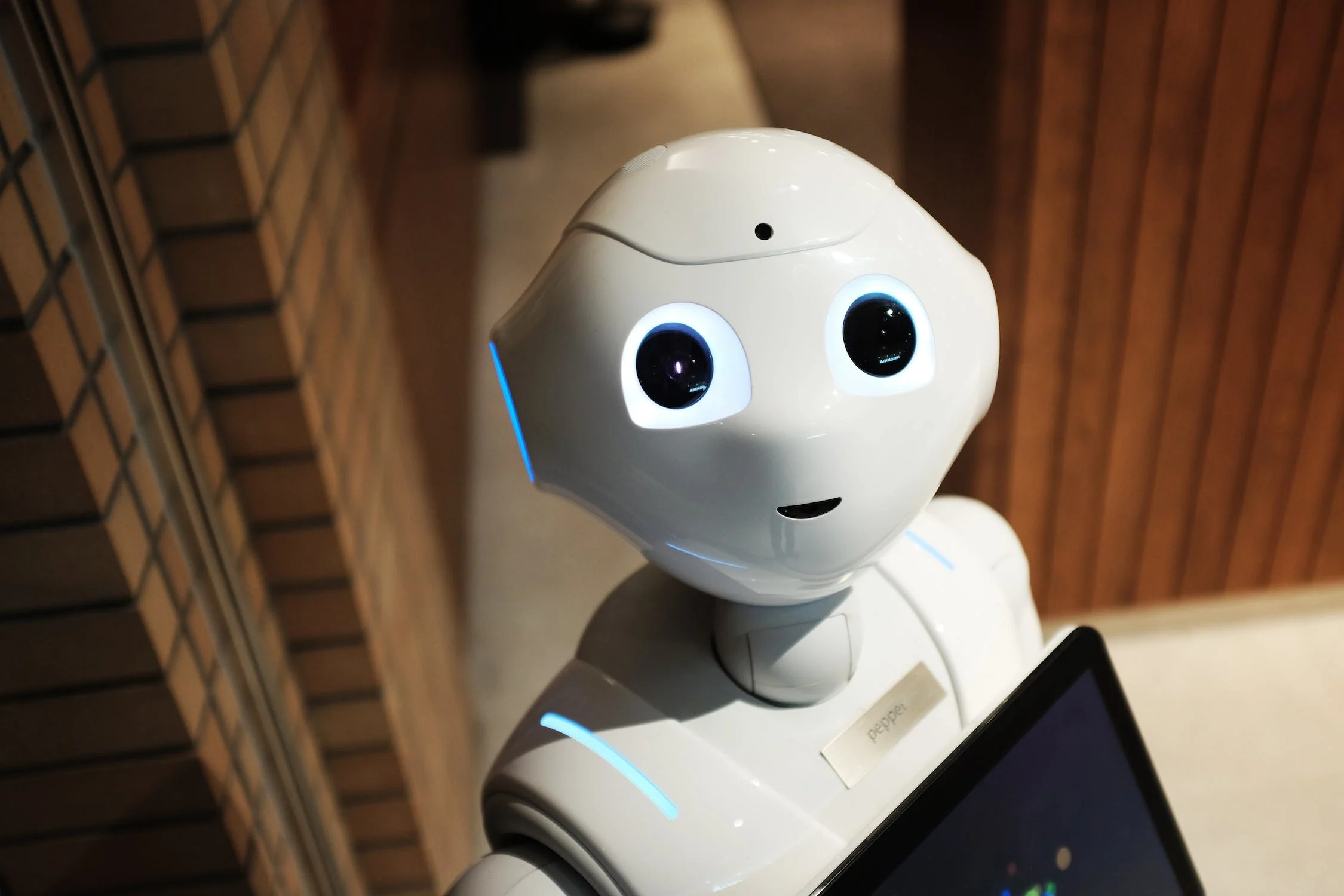Chatbots have become a common presence in our daily lives, assisting us with customer service, answering our queries, and even engaging in casual conversations. However, there is an ongoing debate about whether chatbots are truly capable of providing a satisfactory chatting experience. In this article, we will delve into the strengths and weaknesses of chatbots in order to unlock the truth about their effectiveness in chatting.
Chatbots: The Complete Info
Chat bots have come a long way since their inception, thanks to advancements in natural language processing and machine learning. They can now understand and respond to human queries with impressive accuracy. However, there are still limitations to their capabilities, and it is important to understand these limitations when evaluating their performance.
One of the main strengths of chat bots is their ability to provide quick and efficient responses. They are available 24/7, eliminating the need for human intervention and allowing for instant assistance. This is particularly beneficial in customer service scenarios, where customers expect prompt and accurate responses to their inquiries.
Another advantage of chat bots is their consistency in delivering information. Unlike humans, who may provide different answers to the same question depending on their mood or level of knowledge, chatbots adhere to a predefined set of rules and guidelines. This ensures that users receive consistent and reliable information, which can be especially valuable in areas such as technical support or product information.
However, chat bots do have their limitations. One major challenge is their ability to understand and respond to complex or ambiguous queries. While they excel at handling straightforward and specific questions, they may struggle when faced with nuanced or open-ended conversations. This is because chat bots rely on predefined patterns and algorithms to generate responses, which can limit their ability to engage in more nuanced discussions.
Additionally, chat bots may lack the emotional intelligence and empathy that humans possess. They are not capable of understanding the underlying emotions or context of a conversation, which can be crucial in certain situations, such as providing emotional support or handling sensitive topics. Humans are better equipped to navigate these complexities and provide the appropriate level of empathy and understanding.
Another limitation of chat bots is their inability to handle unexpected or out-of-context queries. When faced with a question or request that falls outside of their programmed knowledge, chatbots may struggle to provide a meaningful response. This can lead to frustration for users who expect comprehensive and accurate information.
Despite these limitations, chatbots continue to evolve and improve. Advances in artificial intelligence and machine learning are enabling chatbots to become more sophisticated and capable of handling a wider range of conversations. Additionally, the integration of chatbots with human support can help bridge the gap between their limitations and the complexities of human interactions.
In conclusion, while chatbots have made significant strides in their ability to engage in conversations, they still have limitations that need to be considered. They excel in providing quick and consistent responses, but may struggle with complex or ambiguous queries, lack emotional intelligence, and have difficulty handling unexpected requests. By understanding these strengths and weaknesses, we can make informed decisions about when and how to utilize chatbots for chatting purposes.
Also Read: Unlock the Magic: Get Professional Headshots in Only 3 Steps Using AI
